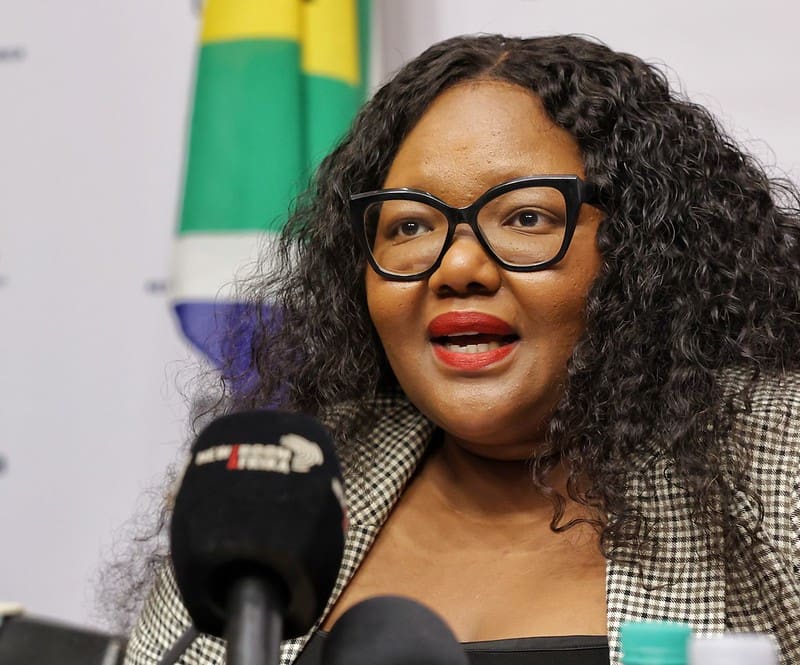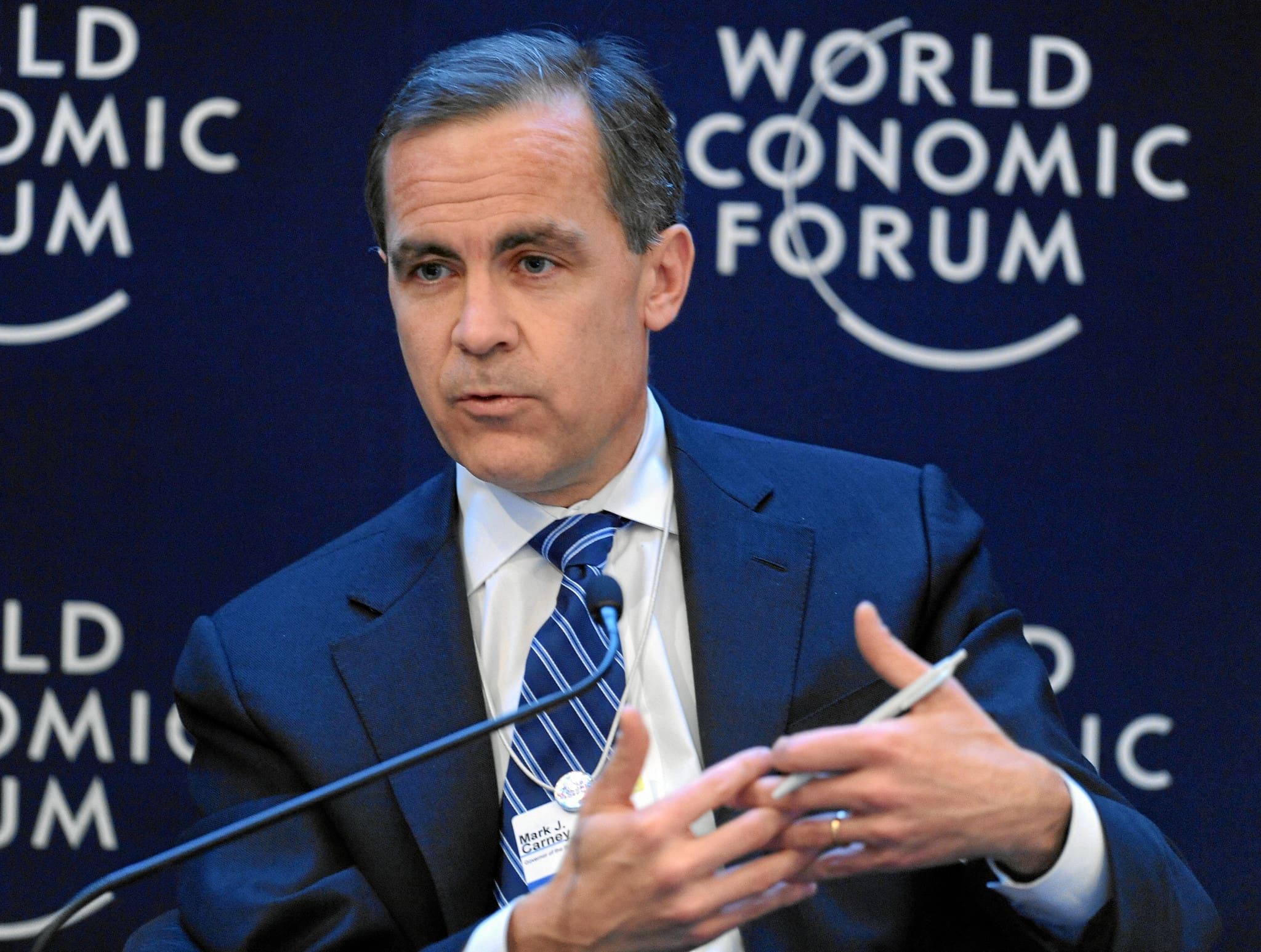“Resolution demonstrates power of cool heads, says Gwarube as BELA Act passes first hurdle.”
It was a lofty headline, broken on News24 on Friday after months of political wrangling over the Basic Education Laws Amendment (BELA) Act.
The article claimed that the two contested sections of the BELA Act may only be implemented in 2026 thanks to a settlement reached at the National Economic Development and Labour Council (Nedlac) between DA Basic Education Minister Siviwe Gwarube and Afrikaans trade union, Solidarity on Wednesday.
While the article contained enough caveats about needing Ramaphosa’s final approval, it was announced as a fait accompli.
The problem was no one else had gotten the memo.
Shortly after the story broke, Deputy President Paul Mashatile’s office released a statement noting that they had learned of this so-called agreement from informal channels and that the process was “outside the sanctioned process of the Clearing House of the parties that signed the statement of intent.”
By the time the weekend had rolled around, it was clear that Solidarity and Gwarube’s Friday announcement was perhaps a PR victory and nothing more – the DA, since joining Ramaphosa’s cabinet, have been adept at using their ministries to announce quick wins. However, Nedlac is a forum to bring together all parties around a matter. In this case, only two were present, and crucially, no one else in the already divided government of National Unity (GNU) was present – or even knew about this meeting.
It’s worth noting that the GNU has a “clearing house” mechanism where decisions around government decisions are made. It is this mechanism that has the final say – before Ramaphosa signs off.
Fast-forward to Monday, and a new headline on News24 made the fall-out of Gwarube’s hasty announcement clear: “I’ve signed the BELA Act. My resolve for solutions shouldn’t be abused, says ‘resolute’ Ramaphosa”
On Monday Ramaphosa’s spokesperson Vincent Magwenya told journalist Mandy Wiener on 702 radio station that no one in the GNU was informed of the Nedlac process and called into question its legality.
Some background:
President Cyril Ramaphosa signed the Basic Education Laws Amendment (BELA) Act into law on 13 September but put two of its most contention clauses on pause, giving opponents three months to come up with workable solutions.
Opponents in this case are largely made up of the DA, which Gwarube represents, and Afrikaans organisations like Solidarity and Afriforum. As the 31 December deadline nears, there have been marches and fierce opposition to the parts of the bill that concern language.
The two debated sections—4(d), 4(f), and 5(c) are around control over school language and admission policies. Currently, school governing bodies (SGBs) have the final say on these matters, allowing schools to decide their own language policies. The new provisions in the BELA Bill would shift that power to provincial education heads, meaning that the government would determine which languages schools must offer and who gets admitted.
Political parties like the Democratic Alliance (DA) and Afrikaner groups like AfriForum believe this bill could violate constitutional rights, like the right to mother tongue education – though their concerns seem to revolve around Afrikaans with little mention of South Africa’s other mother tongue languages that are not well-represented in the schooling system.
Gwarube and Solidarity’s process at Nedlac may have aimed at a quick win, but it appears to be dead in the water thanks to its lack of consultation.
As Ramaphosa worked the campaign trail in Limpopo on Sunday ahead of by-elections, he told journalists the law was a done deal. “In the end, the president has signed,” he said. “I’ve given three months for solutions to be found, and those solutions have to be credible. They have to be solutions that everyone buys into.”
But he issued a warning: “My resolve in having given people an opportunity to find solutions should never be abused…come the 31st of December, if there is no solution [about] what I signed into law, it is activated.”
Verashni is passionate about empowering citizens to hold those in power to account. She was previously editor-in-chief of the Mail & Guardian and HuffPost South Africa, and won the CNN African Journalism Award, among others.




